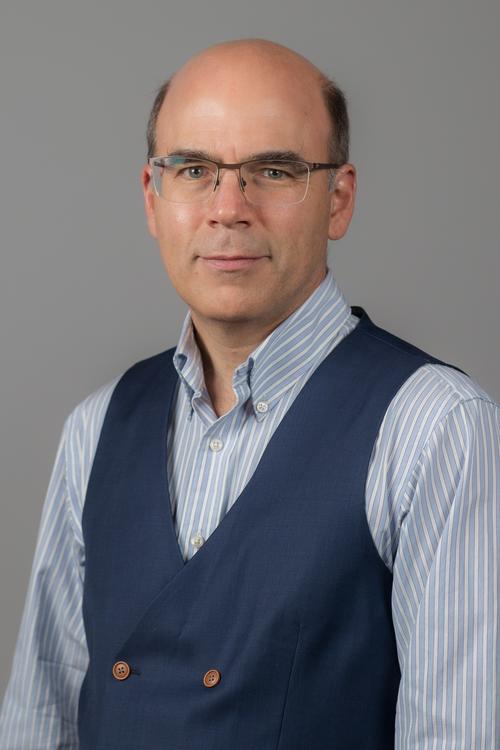Michael Kyba, PhD

Professor and Lillehei Endowed Scholar Carrie Ramey / CCRF Endowed Professor in Pediatric Cancer Research, Division of Pediatric Blood and Marrow Transplantation & Cellular Therapy Program
Faculty, Department of Pediatrics
Director, LHI Summer Research Scholars Program, Lillehei Heart Institute
Faculty, Lillehei Heart Institute
Professor, Stem Cell Institute
Faculty, Microbiology, Immunology and Cancer Biology (MICaB) Ph.D. Graduate Program
Faculty, PhD Program in Molecular, Cellular, Developmental Biology and Genetics
Faculty, Masters Program in Stem Cell Biology
Email
Office Phone
Professor and Lillehei Endowed Scholar Carrie Ramey / CCRF Endowed Professor in Pediatric Cancer Research, Division of Pediatric Blood and Marrow Transplantation & Cellular Therapy Program
Faculty, Department of Pediatrics
Director, LHI Summer Research Scholars Program, Lillehei Heart Institute
Faculty, Lillehei Heart Institute
Professor, Stem Cell Institute
Faculty, Microbiology, Immunology and Cancer Biology (MICaB) Ph.D. Graduate Program
Faculty, PhD Program in Molecular, Cellular, Developmental Biology and Genetics
Faculty, Masters Program in Stem Cell Biology
Administrative Contact
Chelia Rector
Administrative Phone: 612-625-5346
Administrative Email: recto052@umn.edu
Address
Pediatric Blood and Marrow Transplantation & Cellular Therapy
Mayo Mail Code 366
420 Delaware Street SE
Minneapolis, MN 55455
Additional Links